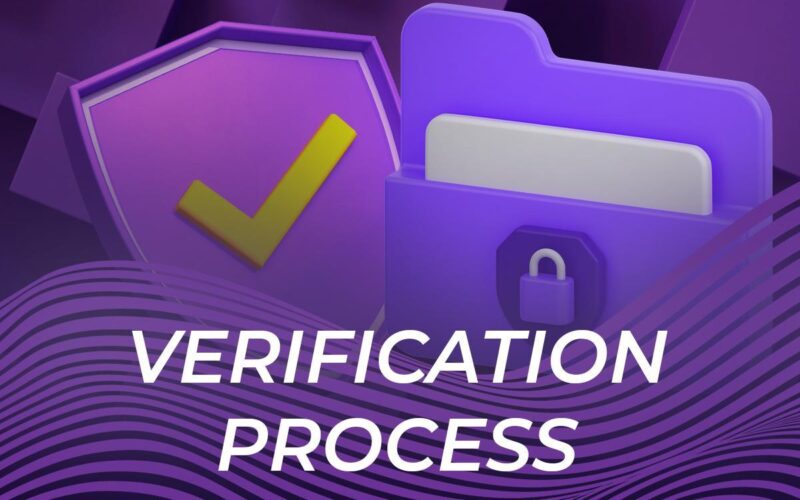
Navigating fintech as an entrepreneur can feel like trying to solve a puzzle without all the pieces. Essential documents are those missing pieces, making operations smoother and safeguarding your business.
From protecting ideas to formalizing partnerships, having these papers ready is critical. They act like the foundation for building your startup on solid ground.
We’ll explore seven key documents every fintech entrepreneur needs in their arsenal. Each serves its purpose in creating stability and structure.
NDAs in Fintech
NDAs protect confidential information, ensuring fintech ideas and technologies stay secure during discussions with investors or partners. These documents outline confidentiality obligations, giving entrepreneurs legal recourse if terms are breached.
Without them, sharing business details becomes risky, potentially jeopardizing competitive advantages before your product even hits the market.
MOUs for Partnerships
Memorandums of Understanding (MOUs) clarify partnership intentions early on. They act as a roadmap for collaboration without being legally binding like a contract.
For fintech startups forming alliances with developers or service providers, MOUs establish mutual goals and responsibilities upfront.
This prevents misunderstandings down the line while allowing flexibility during negotiations. It’s an essential tool to lay groundwork while exploring joint opportunities without rushing into formal agreements too soon.
Operating Agreements
An operating agreement defines how a fintech LLC operates and is managed. It sets roles, responsibilities, profit distribution, and decision-making rules among members.

Using an operating agreement template streamlines the process, saving time while ensuring key legal points are covered. For fintech startups balancing innovation with structure, this document provides clarity and avoids disputes as the business grows.
Data Protection Policies
Data protection policies are non-negotiable in fintech:
- Outline how customer data is collected and stored securely.
- Detail compliance with GDPR or similar laws to avoid penalties.
- Define access controls for employees handling sensitive information.
- Incorporate encryption standards for robust security measures.
These policies not only protect customers but also build trust in your platform’s integrity.
Employment Contracts
Employment contracts are vital for defining terms with your team, especially in fintech’s fast-paced environment. These agreements clarify roles, salaries, confidentiality clauses, and termination conditions.
They ensure alignment between startups and their employees from the start. Including clear intellectual property terms is a smart investment for safeguarding innovations developed internally while protecting your company’s future.
Compliance Papers
Fintech businesses require thorough compliance documentation:
- Adhere to anti-money laundering (AML) regulations.
- Include Know Your Customer (KYC) processes.
- Document cybersecurity measures as per local laws.
- Ensure financial reporting complies with government standards.
Proper compliance papers shield your startup from legal risks while fostering credibility among customers and regulators alike.
Licensing Essentials
Proper licensing is fundamental to operating legally in fintech. Different jurisdictions require specific permits, whether for payment processing, lending, or crypto services. Without the right licenses, startups face fines or shutdowns.
These documents are not just about compliance; they also demonstrate credibility to investors and customers. Understanding licensing requirements ties directly into how Fintech makes money by enabling operations within regulated markets safely and efficiently.
Wrapping Up the Essential Fintech Documents
Having the right documents in place is essential for any fintech entrepreneur. From NDAs to compliance papers, each plays a unique role in securing your business and ensuring smooth operations.
These aren’t just formalities; they’re the foundation of trust, structure, and growth. By staying prepared with these key documents, you can focus on innovation without unnecessary risks holding you back. Solid paperwork today ensures a stronger and more resilient startup tomorrow.







